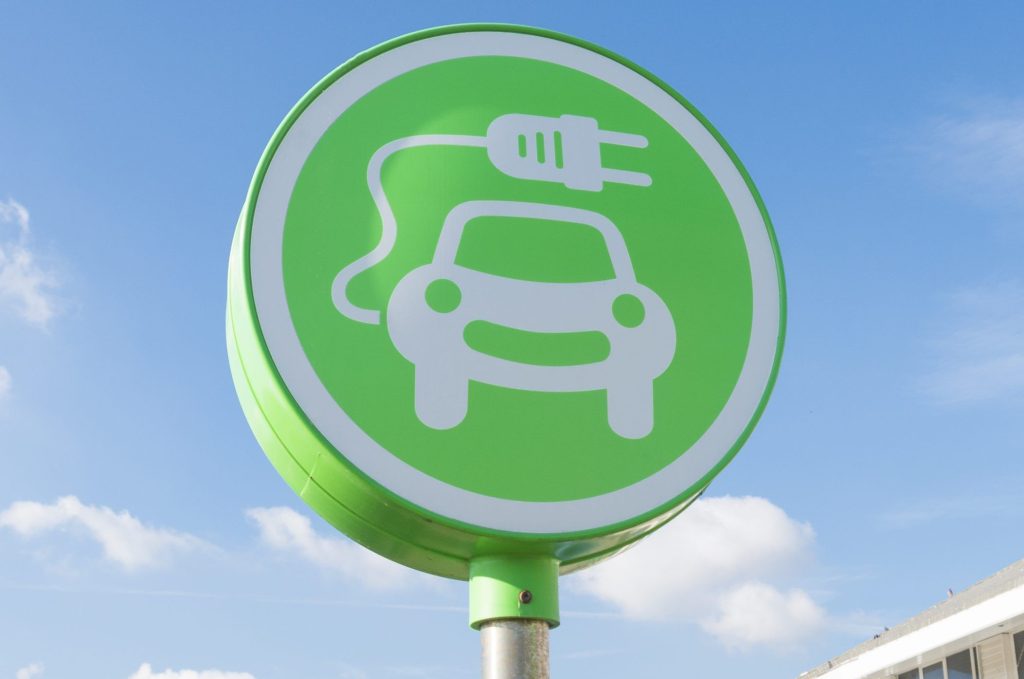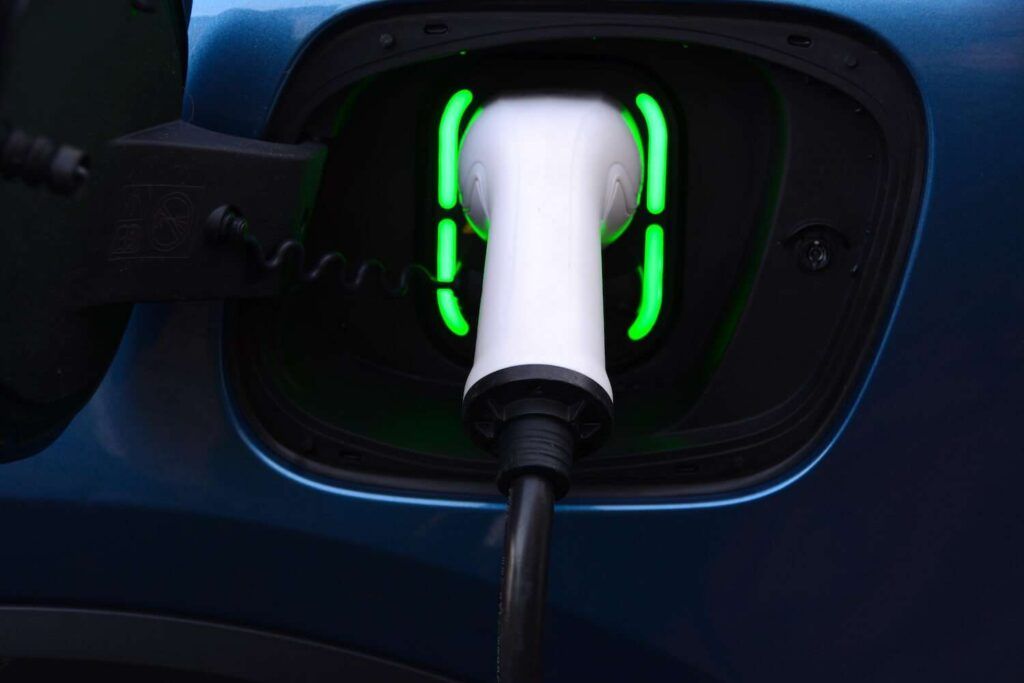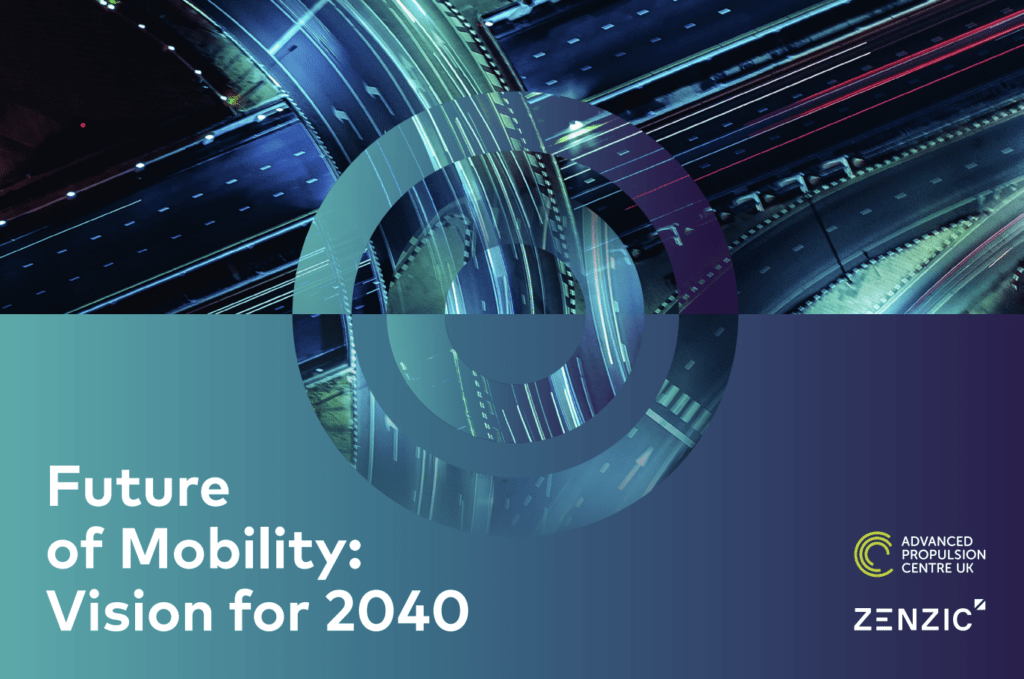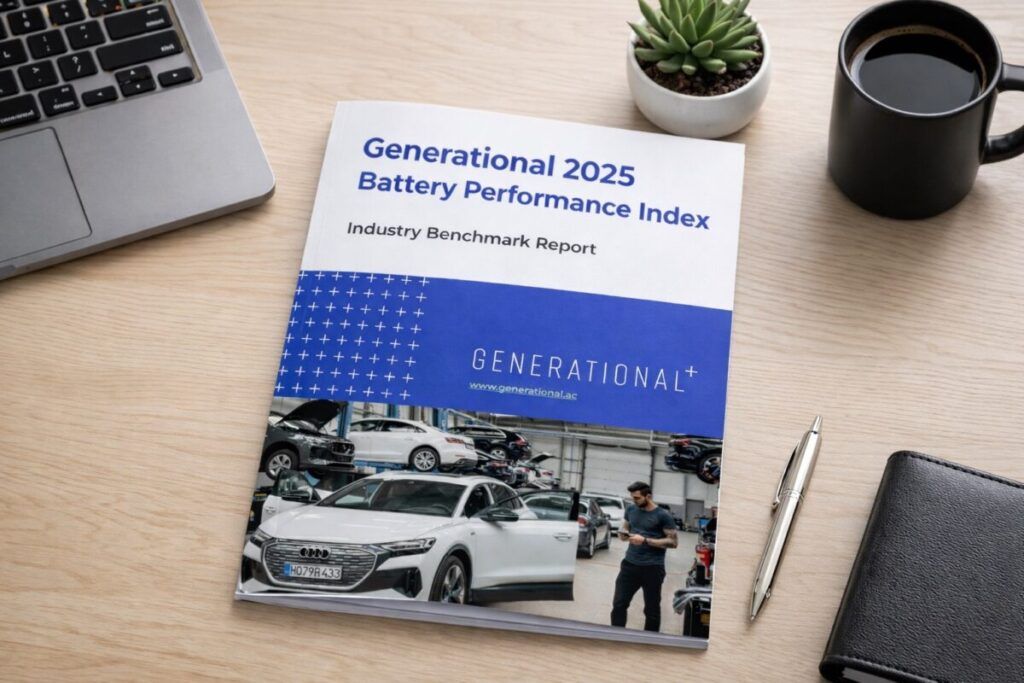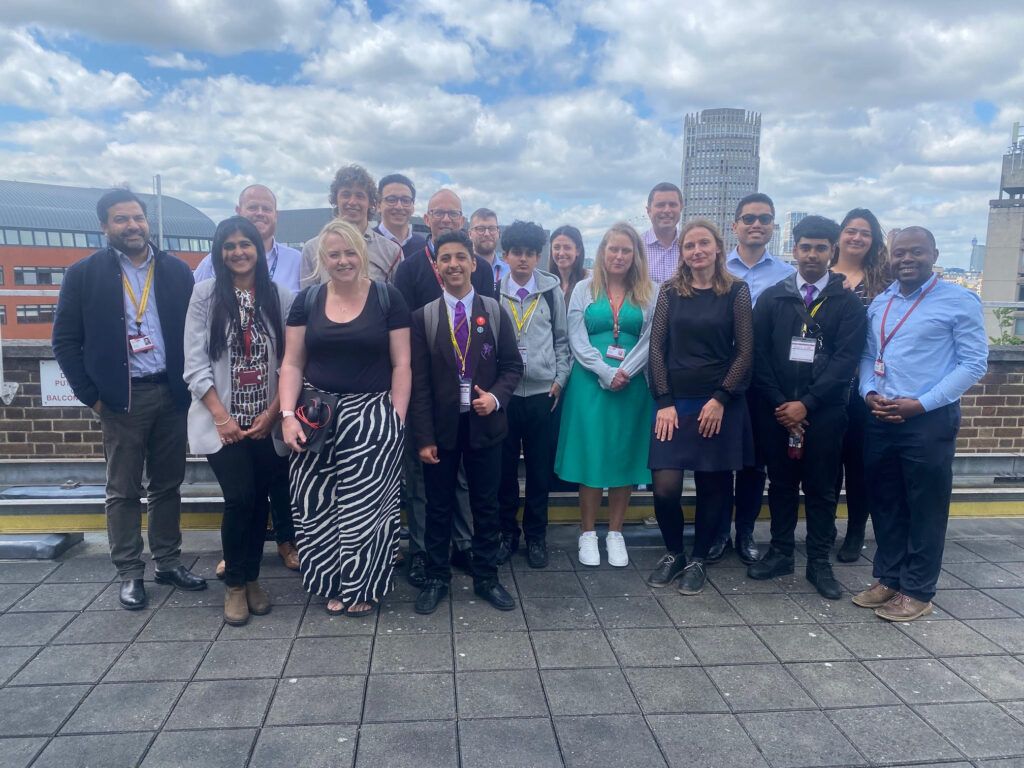New research has shown that more than half of global transport industry professionals believe the current legislative timetables for EV adoption aren’t achievable.
The study of 600 industry experts, commissioned by ABB Robotics and Automotive Manufacturing Solutions, claimed challenges in adapting to a new battery supply chain; concerns over high levels of capital investment required; shortages of raw materials; suitable infrastructure and lack of grid capacity would impact delivery.
Although 28% said deadlines were achievable, they also indicated there would be “significant challenges”, while 18% believed the present targets would never be met. Only 11% believed all regional targets for EV adoption by 2030-2040 were realistic.
The survey also highlighted challenges involved in adapting to a new battery supply chain for 19% of respondents – and 16% had concerns over the high levels of capital investment required.
Shortages of raw materials, suitable infrastructure, and lack of grid capacity were also high on the list. A lack of charging infrastructure was claimed to be the single biggest constraint to EV adoption by more than a quarter (26%) and 17% highlighted high vehicle prices.
Joerg Reger, Managing Director of ABB Robotics Automotive Business Line, said: “The automotive industry is acutely aware of the stresses and strains involved in meeting the proposed regional timetables for reaching full EV production.
“Automation is key to making production more resilient, efficient and faster to meet these targets, which is why we’re seeing high demand for our robots that specialize in EV powertrain assembly. These solutions radically reduce build times, improve flexibility, further simplify the production process and ultimately drive down production costs.”
Daniel Harrison, Automotive Analyst at Automotive Manufacturing Solutions, said: “The survey confirms the automotive industry challenges – that manufacturing is under strain and disrupted supply chains are under considerable stress. This is likely to be the ‘new never normal’, which poses considerable challenges to how quickly the industry can transition to electrification and also wider manufacturing sustainability targets, especially during a period of great economic uncertainty. Furthermore, within that context, challenges remain in the availability and cost of labor and how quickly large workforces can be reskilled.”
Image courtesy of Shutterstock




